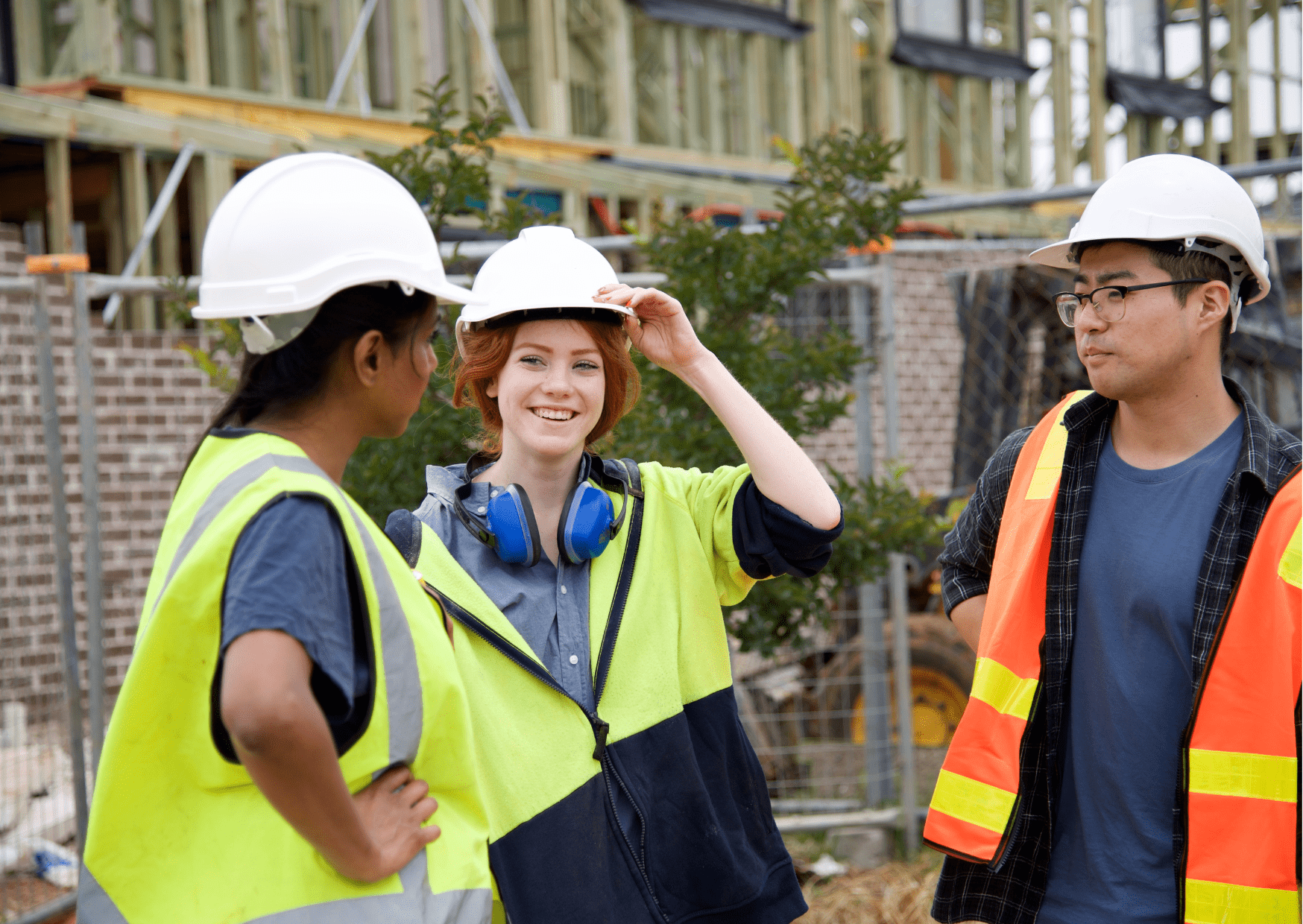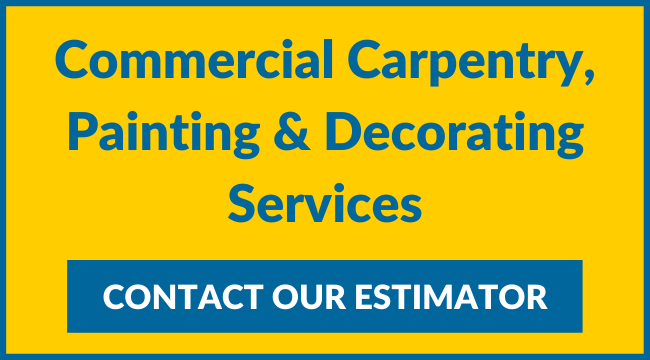
Equal Representation in the Construction Industry - What Can You Do Better?
Although the construction sector has come a long way over the last couple of decades in the UK, we still have a long way to go when it comes to equal representation in our industry. As business owners, it is easy to make all the right moves in our attempts to hire a more diverse team of tradespeople and on-site operatives, but what happens when they quit due to bullying, discrimination, or lack of accessibility?
Here’s what businesses can do to provide a more accessible and inclusive construction environment for their employees and supply partners. Whether you are a business owner, manager, or employee, we all have a part to play in creating a more welcoming and inclusive work environment within our industry.
1. Provide open communication channels between you and your team. Let them know you’re available.
One of the most important things you can do as a construction business owner or manager is to provide open lines of communication with your team. This means making yourself available to listen to their concerns, suggestions, and feedback. Create an open-door policy or a dedicated feedback mechanism to let your employees know that they can come to you with any issues they may be facing, including sensitive EDI (Equality, Diversity and Inclusion) and mental health concerns. This will help you to identify and address any problems quickly and effectively, while also improving overall morale and job satisfaction in the workplace.
2. Promote and support diversity, equity, and the inclusion of women, LGBTQ+, BAME, foreign nationals, immigrants, and refugees, neurodivergent people, and those with disabilities, etc.
The construction industry has historically been white male neuro-typical dominated, but this is changing rapidly. As a business owner or contractor, it is important to promote and support diversity, equity, and inclusion in all its forms. This means actively seeking out and hiring a diverse range of employees and subcontractors, including women, people of colour, LGBTQ+ individuals, neurodivergent people, and people with disabilities.
3. Recognise the positive advantages of a diverse workforce
Rather than excluding more than 50% of the population, recognise the positive advantages of having a diverse workforce and benefit from the skills, experience, strengths, and varying viewpoints that a diverse team can offer your business.
A diverse workforce has numerous benefits for businesses, including increased creativity, innovation, and problem-solving. By actively seeking out a diverse range of employees, you can benefit from the unique skills, experiences, and strengths that each individual brings to the table.
4. Provide EDI and mental health training to your managers, staff and contractors.
To ensure that your team is as diverse and inclusive as possible, you should provide EDI and mental health training for all managers, staff, and contractors. This will help to raise awareness and understanding of the issues facing different groups and ensure that your team is equipped to handle them effectively.
5. Promote and celebrate positive attitudes on-site and within your team.
Creating a positive work environment is essential for retaining and attracting a diverse workforce. Encourage your team to be respectful, supportive, and inclusive of all their colleagues. Celebrate positive attitudes on-site and within your team, whether it’s through monthly recognition programmes or regular feedback mechanisms.
6. Provide reasonable adjustments to workers with disabilities, neurodiversity, and other specific needs.
For employees with disabilities, neurodiversity, or other specific needs, it is essential that you provide reasonable adjustments to ensure that they can perform their job effectively. This may include providing specialist equipment, modifying the work environment, or offering flexible working arrangements.
7. Adjust your view on the risk assessment and keep in mind what could be a risk for a disabled person as well as an able person.
When conducting a risk assessment, it is important to keep in mind the specific needs of individuals with disabilities or neurodiversity. This may mean adjusting your view on what is considered a ‘risk’ and taking extra precautions to ensure everyone’s safety.
8. Be strict with discrimination and bullying
Discrimination and bullying have no place in the workplace, and it is every employee’s responsibility to help create a safe and inclusive environment. Enforce a zero-tolerance approach to bullying and discrimination, and take immediate action when you are told something is happening behind your back, or if you see it with your own eyes. This will send a strong message that such behaviour will not be tolerated. No one should ever be made to feel as if they can’t do their job due to their race, gender, sexuality, or disability.
9. Provide your team with support for their mental health or other difficulties.
Finally, it is important to make your team feel listened to by providing them with a support network for mental health or other difficulties. This may include a dedicated helpline, access to counselling services, or links to helpful websites. By providing these resources, you can ensure that your team feels supported and included, which can have a positive impact on their overall mental health and wellbeing.
Next steps
To find out more about our EDI policy at SC4 Carpentry, please get in touch today by calling 07715 568102.
Image source: Canva
Click on the categories below to find out more about:

Connect with Us
Share this Page
More Posts
Recent Posts
- Breathe Easy, Work Safe: The RPE Every Site Worker Needs
- From Site to Strategy: Simon Mead Promoted to Associate Director at SC4
- SC4 named Cala Contractor of the Month, October 2025
- Why is Neurodiversity so important in Construction?
- Our Favourite Carpentry Project Of 2024: Cromwell Court, Old Basing
- Case Study: Timber Frame Installation in Netley Grange, Southampton
.png?updated=1643713252911)